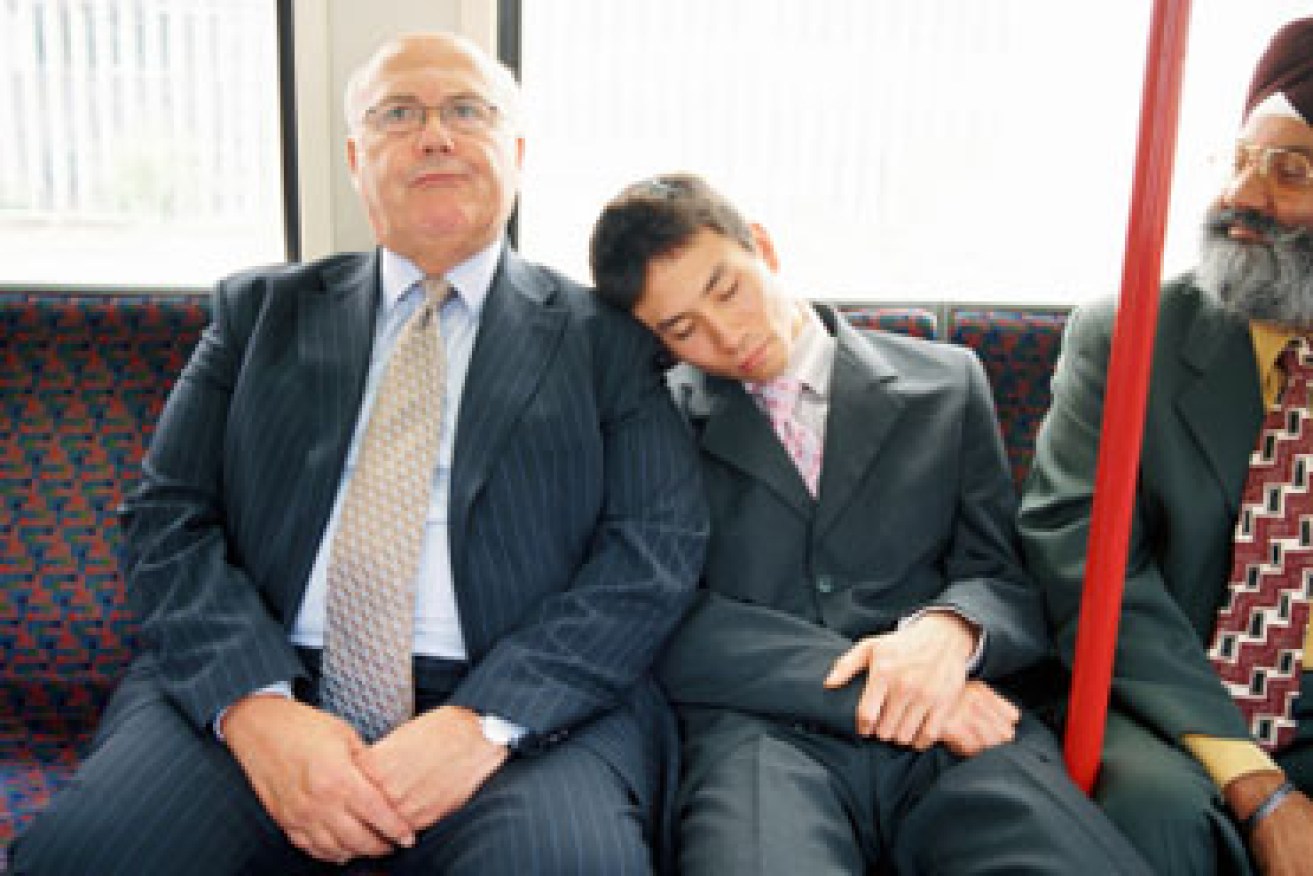Study reveals ‘global sleep crisis’ is threat to our health


Getty
The authors of a new study have warned that sleep deprivation is a “pressing threat” to human health.
The assessment of the sleep habits of people in 100 countries revealed many developed nations, such as Germany, Japan and Brazil, failed to reach recommended amounts of slumber, while Australia and New Zealand were two of the lucky countries to average eight hours a night.
“Impaired sleep presents an immediate and pressing threat to human health,” the authors wrote in the journal article.
• Why you don’t sleep well in different beds
• ‘Senate sleepover’ all a bit of a snooze
• Women need more sleep than men. Here’s why
Cultural pressures were more likely to impact the amount of shut-eye each night than the internal “circadian” clock.
It meant we were getting to bed later, despite the body waking us naturally at the same time each morning.
This was the main factor in a lack of sleep.

Enjoy sunlight and reap the dreamy benefits. Photo: Getty
“Sunrise, sunset, and light exposure do have marked effects on sleep timing,” the study, published in Science Advances, read.
“Biological cues around bedtime are either weakened or ignored for societal reasons, thereby leading individuals to delay their bedtime and truncate their sleep duration as a result.”
Sunset and sunrise regulated the circadian clock, while social factors, like work commitments, resulted in “selective blocking of light during the day or the use of electric light at night”.
Tired people like ‘functional drunks’
Despite our bodies demanding between seven and eight hours a night, the study found middle-aged men were routinely getting less.
Women on average slept 30 minutes longer than men.
Work environment was also a factor – outdoor workers benefitted from the natural light and tended to go to bed earlier and sleep more than people who spent most of their time indoors.
Study co-author Olivia Walch said even if you got six hours of sleep a night, you were building up a sleep debt.

Too much indoor lighting has changed our sleep patterns. Photo: Getty
“It doesn’t take that many days of not getting enough sleep before you’re functionally drunk,” Ms Walch said in a statement.
“What’s terrifying … is that people think they’re performing tasks way better than they are.
“Your performance drops off but your perception of your performance doesn’t.”
Singaporeans, Japanese down on sleep
The study used data on age, gender, location and sleep patterns gathered through smartphone application, Entrain.
About 6000 people 15 years and older contributed anonymous information on their bed and wake-up times and lighting environment.
Older individuals were more likely to be in a sleep routine, although they slept less and had earlier wake times than young people.
Sleep duration also varied depending where you lived.
On average, people living in Singapore and Japan got just seven hours and 24 minutes sleep each night, less than anywhere else in the world.
The longest slumberers were the Dutch, who got an average eight hours and 12 minutes.








